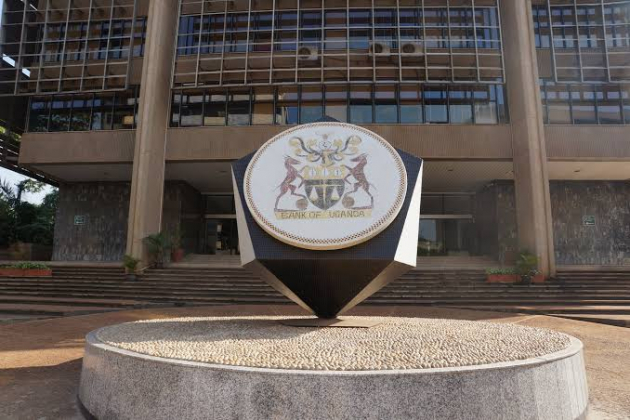Kampala, (UG): The Bank of Uganda has lowered the Central Bank Rate (CBR) to 9.5 per cent, an indicator of its intention to bring down the cost of credit, for the first time since June 2021.
The rate, which the Monetary Policy Committee uses to influence interest rates and control the flow of money, rose sharply from 6.5 in April 2022 to 10 per cent in October 2022, a rate maintained till the last statement in June 2023.
The bank says the reduction was informed by the steady decline in inflation from 10.8 per cent at the beginning of this year, to 3.8 per cent in July 2023, the lowest in 15 months, according to the Uganda Bureau of Statistics.
The BoU Deputy Governor, Michael Atingi-Ego says the lower inflation is due to the reduction in prices of agricultural and imported products, the slowdown in global economic activities, as well as reduced domestic demand.
Though it reduced the CBR, the Bank remains cautious about the global and domestic risks that remain in place.
However, overall, Atingi-Ego says, there is higher certainty that global inflation, demand and economic recovery will remain subdued for some time, meaning inflation could remain suppressed.
Dr Atingi-Ego says the economic outlook over the next two years calls for support to increase economic activity as the global situation looks weak.
Another fact that has caused discomfort is the World Bank’s suspension of new credit to Uganda, as it could affect the economic forecasts.
Atingi-Ego said that for now, it’s hard to predict the impact, until the Ministry of Finance compiles the list of possible projects affected, adding that they need to know how the ministry will react.
The Deputy Governor also delved into possible scenarios or what could happen to a country like Uganda in regard to the suspension of loans by one of the biggest lenders.
He says whatever the case, the options could be costly, for example, if the government decided to increase domestic borrowing, cut the budget or make reallocations of resources and there is a likelihood of affecting the foreign reserves of the country.
According to the Bank, Uganda’s economy has demonstrated resilience and has been recovering well despite the uneven global growth environment with estimated annual growth of 5.3 per cent in 2022/23.
However, it notes that economic growth seems to be slowing due to weak domestic demand.
Data from the Uganda Bureau of Statistics showed quarter-on-quarter average economic growth of -6.5 per cent in the second and third quarters of 2022/23.
This was mainly because of a slowdown in agriculture to -21.6 per cent, while industry and services sectors also posted negative growths of 2.3 and 1.39 per cent respectively.
Looking ahead, economic growth is expected to recover gradually, ranging from 5.0 per cent to 6.0 per cent in the fiscal year 2023/24.
This growth is expected to be driven by private sector consumption, investments in extractive industries, and improved exports, according to the Bank.
If you would like your article/opinion to be published on Uganda’s most authoritative news platform, send your submission on: [email protected]. You can also follow DailyExpress on WhatsApp and on Twitter (X) for realtime updates.



